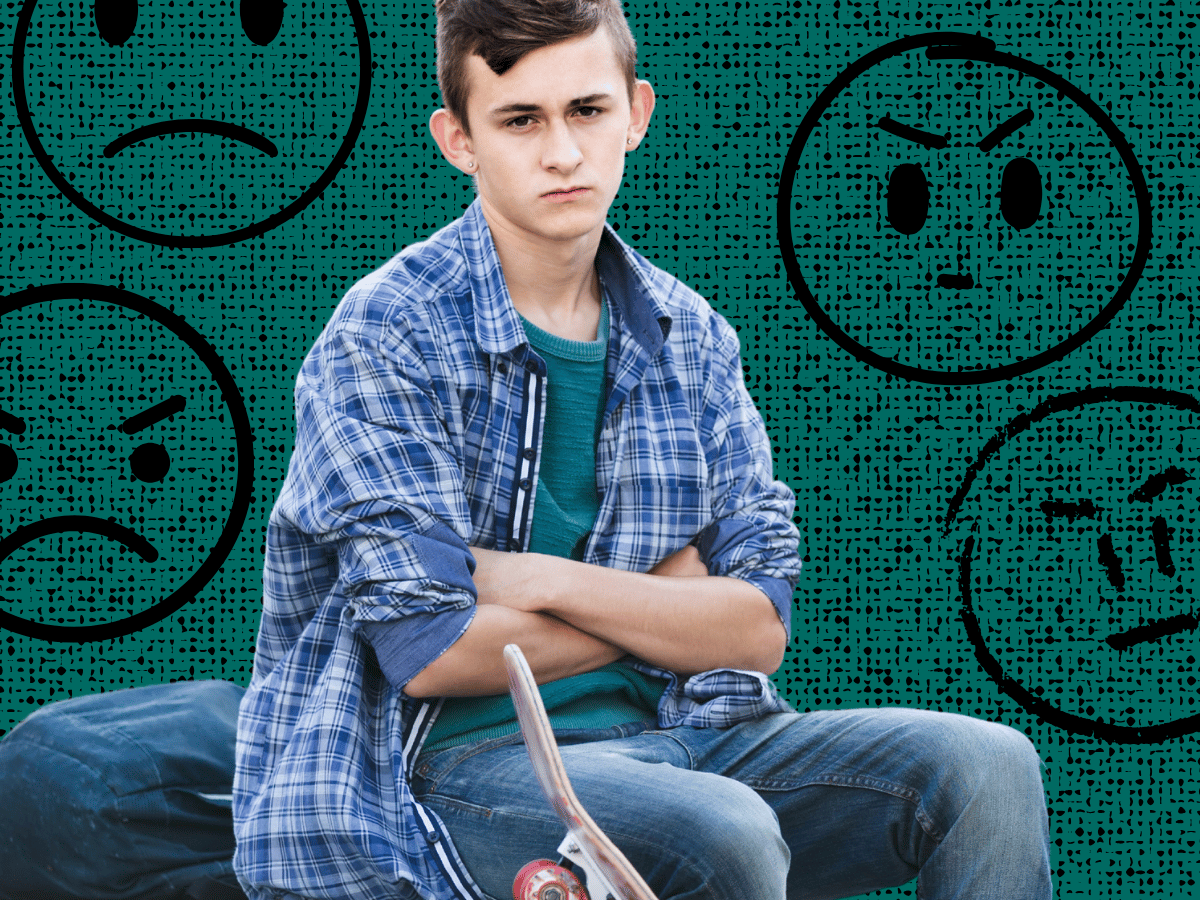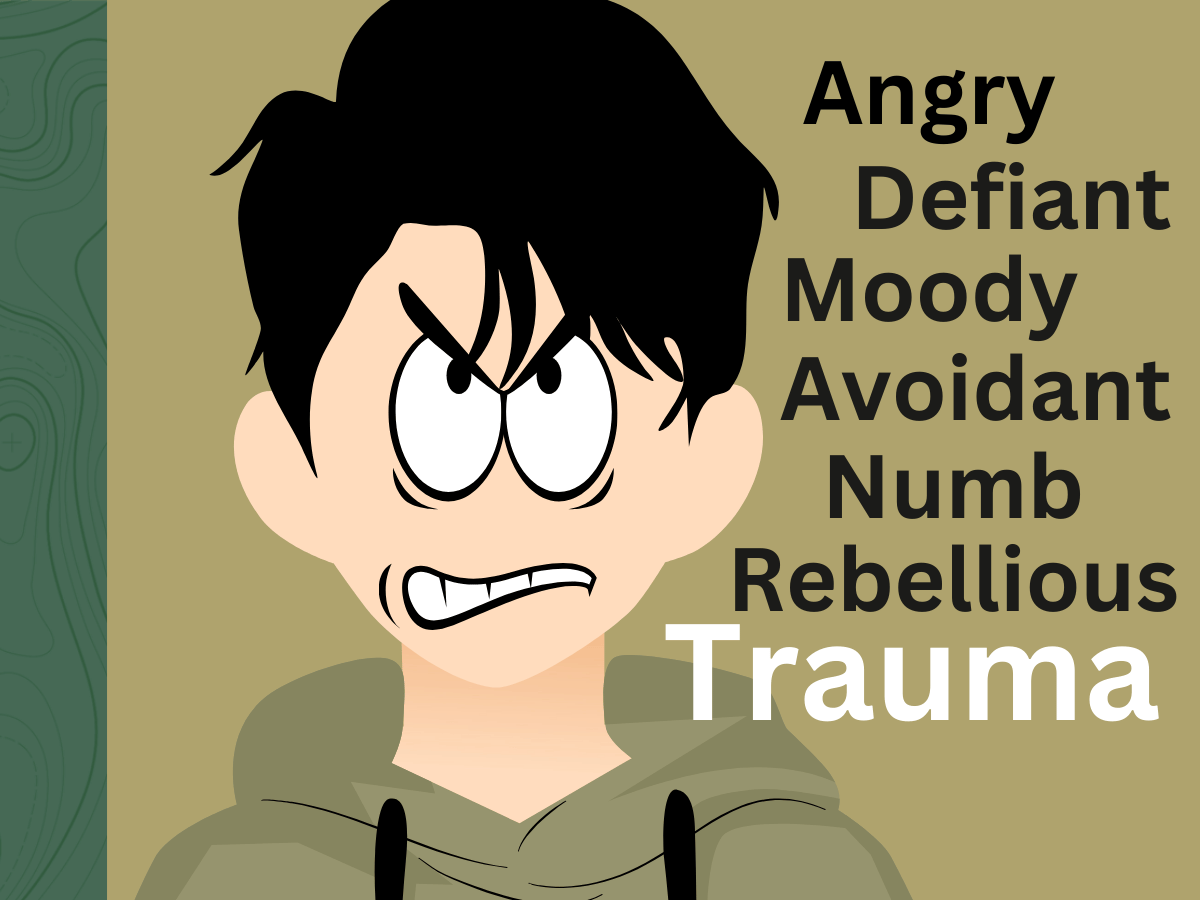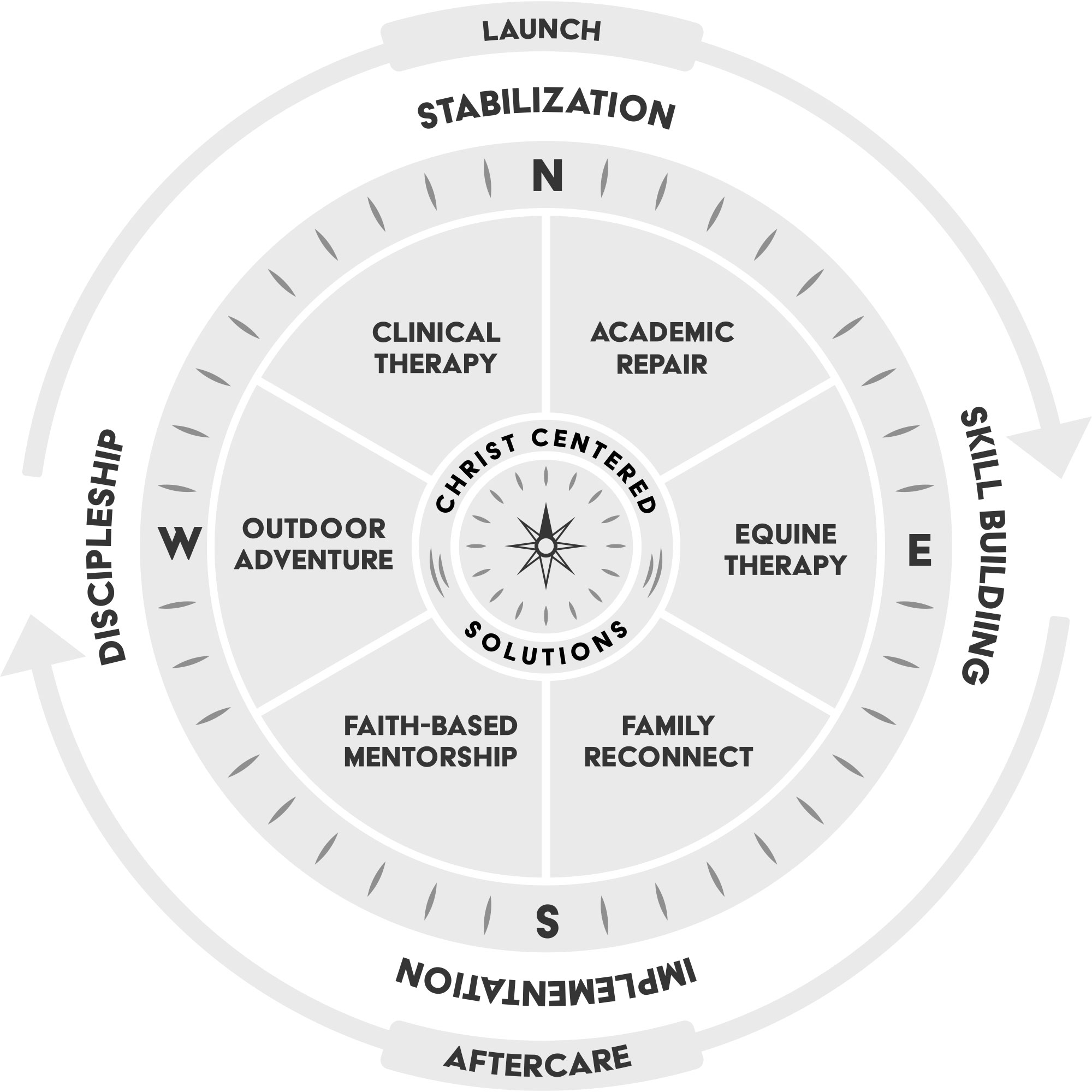Oppositional Defiant Disorder Treatment
Teen Challenge Adventure Ranch is a Christ-centered residential treatment facility for teen boys struggling with substance abuse, poor mental health, and maladaptive behaviors. With more than 50 years of success, we’ve helped teens and their families overcome setbacks from diagnoses like oppositional defiant disorder (ODD).

What is ODD and How is it Treated in Teen Boys?
Oppositional Defiant Disorder (ODD) is a behavioral condition characterized by persistent patterns of anger, defiance, and hostility toward authority figures. Teen boys with ODD often argue, refuse to comply with rules, and blame others for their mistakes. These behaviors go beyond typical teenage rebellion, significantly affecting family, school, and social relationships.
Through consistent, evidence-based strategies like cognitive behavioral therapy (CBT), social-emotional learning, and family involvement in therapy, recovery is possible. At Teen Challenge Adventure Ranch, we bring clinical treatment and a Christ-centered approach together for healing that renews the whole family.

We can provide a safe, therapy-intensive intervention designed to stabilize behavior, treat underlying conditions and equip teens for success.
Individual, Family, and Group Therapy Sessions Led by Licensed, Christian Therapists
Psychiatric Evaluation, Medication Management & 24-Hour Skilled Nursing
Individualized Academics with Support for Behavior-Driven Learning Needs
Immersive, Christ-Centered Environment Fostering Personal & Spiritual Growth

Understanding the Behavior Behind the ODD Diagnosis in Your Teen
As a parent, it can be overwhelming and frustrating when your teen refuses to follow rules, deliberately disobeys authority and frequently causes disruptions at home, school, and in other social environments.
Fear, shame, and guilt can creep in, leaving you to wonder where you went wrong as the problematic behaviors leave a dark cloud hanging over daily life for you and your family. The persistent defiance eventually leads to other problems like academic failure or problems with the law, creating a cycle of negative interactions.
Genetics, brain chemistry, and temperament all play a role in ODD. Structured, immersive treatment options like residential therapy can help.
How Residential Therapy Helps Teens with ODD:
Structured Environment
Behavioral Therapy
Emotional Regulation
Individualized Treatment Plans
Social Skills Training
Academic Support
Trauma Resolution
Positive Peer Interaction
Consistent Behavioral Feedback
When Is a Residential Treatment the Right Choice?
Residential treatment can be the right choice for teens with Oppositional Defiant Disorder (ODD) when their behaviors and emotional challenges are so severe that they cannot be safely or effectively addressed at home or in outpatient therapy.

Are behaviors severely impacting daily life?
When incidents begin to severely impact social, academic, or occupational functioning, treatment can help. The process typically begins with outpatient therapy, but if behaviors do not improve, residential treatment can provide a more immersive treatment experience.
Does the teen have more than one co-occurring diagnosis?
When more than one diagnosis is co-occuring, treatment becomes increasingly complex. These individuals often benefit from an immersive, residential treatment program that can tailor services to meet their unique needs. For example, if impulsive behaviors stem from past childhood trauma, a residential placement can support both root-cause interventions and the development of healthier coping strategies to stabilize behaviors.
Have outpatient treatment options previously failed?
For many, outpatient therapy provides enough support to overcome self-harming behaviors. However, if a teens who have previously failed with outpatient services or who have had multiple short-term placements, often benefit from longer-term treatment like a residential program.
Is there an immediate risk of danger?
If behaviors pose an immediate risk to the individual or those around them, placement in a residential treatment program can help keep everyone safe.
Have Previous Treatment Options Failed?
Residential treatment is often most appropriate for individuals who have not seen sustained success with outpatient or short-term treatment options. The immersive, long-term approach of a residential treatment center can provide enhanced structure and support to facilitate an intense focus on recovery.
Why Choose Teen Challenge Adventure Ranch?
For more than 50 years, Teen Challenge Adventure Ranch has been helping teen boys with mental or behavioral struggles discover their true identities in Christ, overcome the symptoms of their diagnosis, and thrive in the outside world.
Our program provides stabilization, skill-building, and transition support so that your son can work on identifying and resolving past trauma, improve emotional regulation and coping strategies, and build strong systems of support.
Our six core areas of healing include:
- Clinical Therapy
- Individualized Academics
- Outdoor Adventure
- Equine Therapy
- Family Involvement
- Spiritual Growth



